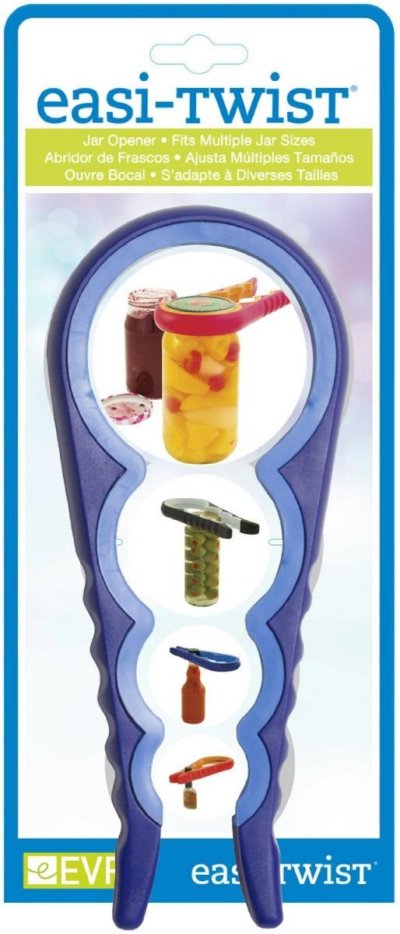FF
Guru
- Joined
- Oct 12, 2007
- Messages
- 22,552
"why wouldn't I want to get as much boat as I can for the money?
Size is far more important when tied to a dock than when cruising.
Comfort is a great place to sit , eat, operate from, not an echo in the salon.
If you venture along shore the larger cabin may just be larger to fall if there are no internal hand grips.
A real question comes to personal comfort level.
A propane range can have 3 or 4 burners and a modest sized oven , most cruising boats can not seat & serve the number of guests that can be fed.
OC Diver requires,
Appartment refrigerator (I have one)
Microwave
Electric stove / oven (most are 120 VAC <20 amps intermittent).
Crockpot
Rice cooker
Bread maker
Ice maker
Convection oven
Fry pan
Toaster
Coffee maker
Electric kettle
TV
Desk top computer
Hair dryer
Curling iron
Electric blanket (great for cool nights)
Cpap machine
Recharge anything with a small battery charger
Recharge bow thruster batteries
Run a Splendide washing machine / dryer
An air conditioner
A heater
A water heater
Most any 120 VAC power tool
And that's just off the top of my head
A big boat is required just to store all these necessities ! Its a lot of gear for a 6 month cruise.
Size is far more important when tied to a dock than when cruising.
Comfort is a great place to sit , eat, operate from, not an echo in the salon.
If you venture along shore the larger cabin may just be larger to fall if there are no internal hand grips.
A real question comes to personal comfort level.
A propane range can have 3 or 4 burners and a modest sized oven , most cruising boats can not seat & serve the number of guests that can be fed.
OC Diver requires,
Appartment refrigerator (I have one)
Microwave
Electric stove / oven (most are 120 VAC <20 amps intermittent).
Crockpot
Rice cooker
Bread maker
Ice maker
Convection oven
Fry pan
Toaster
Coffee maker
Electric kettle
TV
Desk top computer
Hair dryer
Curling iron
Electric blanket (great for cool nights)

Cpap machine
Recharge anything with a small battery charger
Recharge bow thruster batteries
Run a Splendide washing machine / dryer
An air conditioner
A heater
A water heater
Most any 120 VAC power tool
And that's just off the top of my head
A big boat is required just to store all these necessities ! Its a lot of gear for a 6 month cruise.
Last edited:


